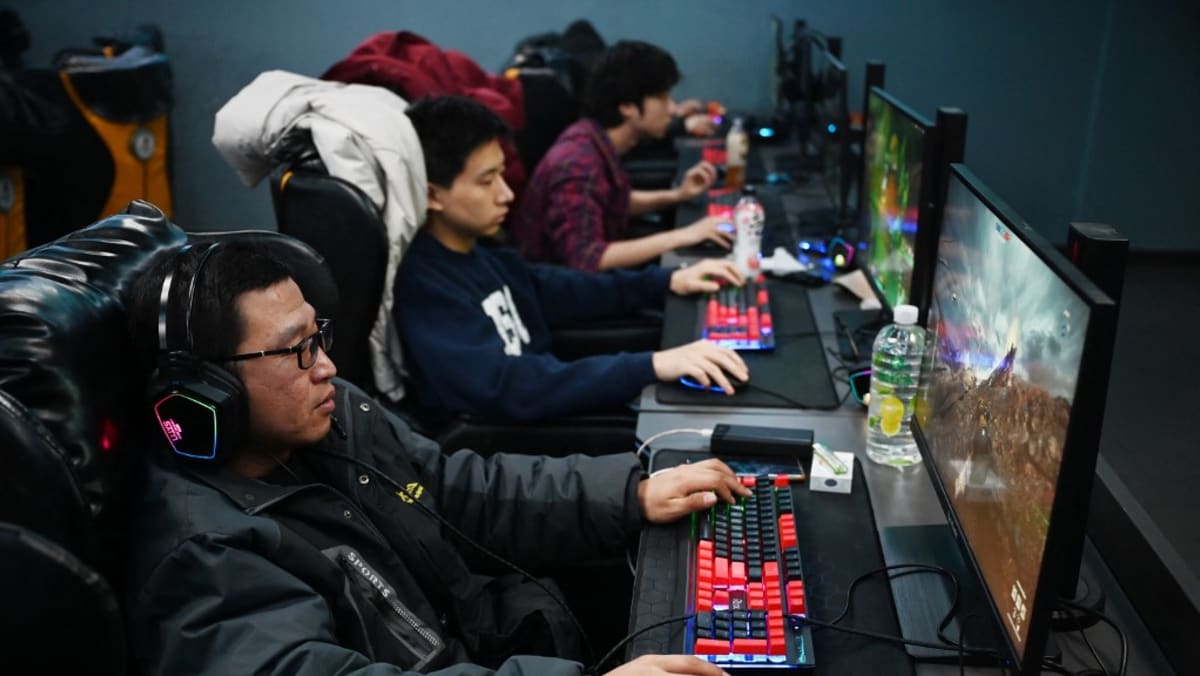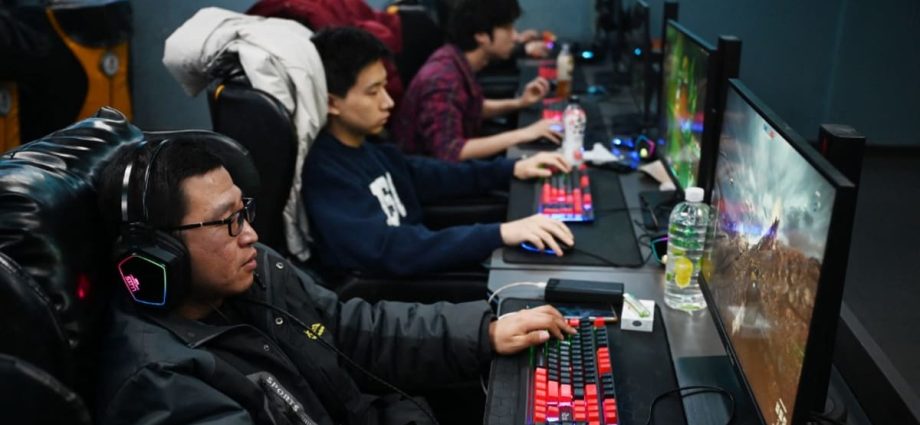
The removal did not go unnoticed by local news platforms and Chinese netizens.
“The elders’ method of controlling the stock market,” one comment read, after a gaming blog reported on the removal of the proposed rules.
“Let’s not celebrate too soon, who knows there will be a day when another weird regulation is proposed,” another commenter in Beijing wrote.
One analyst says China’s shift towards pro-growth initiatives likely influenced the retraction of the draft rules.
“The government’s recent emphasis on maintaining positive market sentiment suggests that such restrictive measures were counterproductive to their broader economic objectives,” Mr Ivan Su, a senior equity analyst at research firm Morningstar, told CNA.
China is facing economic headwinds including a property crisis, record-high youth unemployment and persistent deflation.
Against this backdrop, a hit to the lucrative Chinese gaming market – the world’s biggest – could prove hard to stomach. Domestic revenue last year surpassed 300 billion yuan (US$41.6 billion) for the first time, according to industry association CGIGC.
Meanwhile, the number of gamers in China grew 0.61 per cent to a record 668 million, close to double the entire population of the US.
When asked why the authorities followed through on a private tuition clampdown in 2021 – which also decimated the market value of listed tuition firms – while hitting the brakes on tighter gaming regulations, Mr Su pointed out the difference in scope.
He said the draft gaming rules target people of all ages. Meanwhile, the private tuition ban mainly aimed to ease the academic workload of students under the age of 16.
“This broader impact requires more consideration and could lead to more complex implications across different demographics, necessitating a more cautious approach,” he added.
REINING IN VIDEO GAME SPENDING
China is not the first country attempting to rein in spending on video games.
Various countries have taken or are taking action against loot boxes, which are virtual goodie bags that gamers can pay for to get random rewards. The monetisation technique has been likened to a form of gambling.
In Europe, Belgium imposed an outright ban on loot boxes in 2018, a world first. The Netherlands is mulling a similar move, while Spain has been pushing for a loot box ban for minors.

